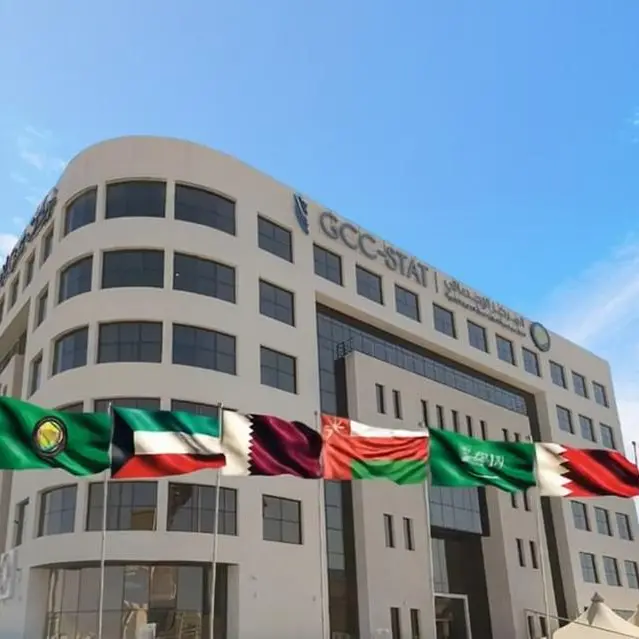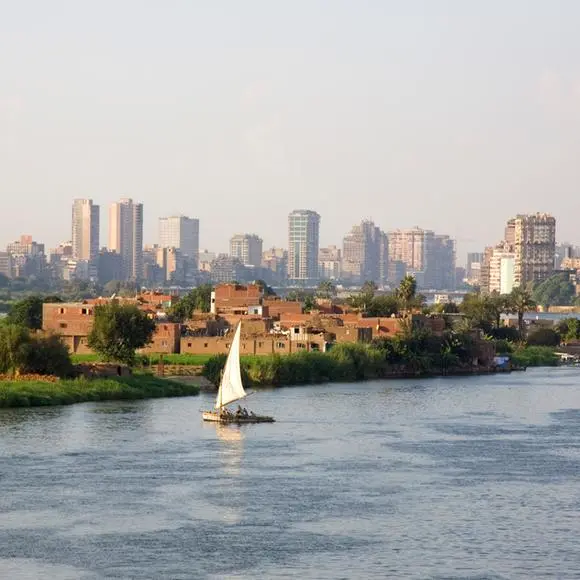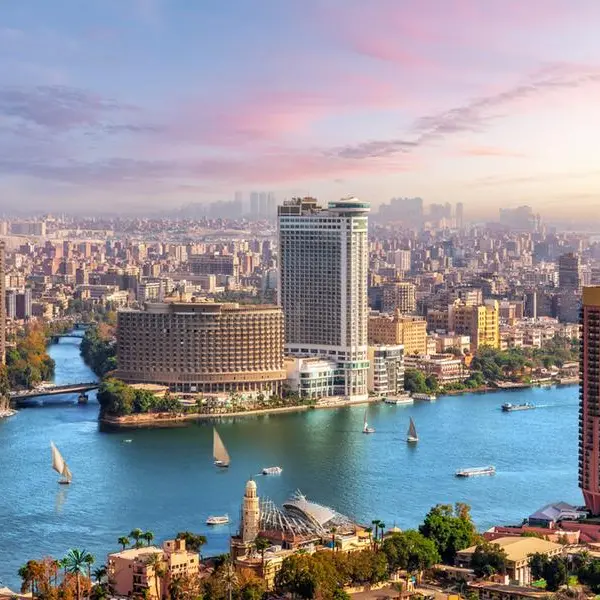PHOTO
Bahrain - A major law that could lead to minimum 50 per cent Bahrainisation of jobs in private hospitals, medical centres and clinics in the country has been approved unanimously by MPs.
The amendments to the 2015 Private Medical Establishments Law have now been referred to the Shura Council for review.
Health Minister Dr Jalila Al Sayyed, who is also politically responsible for the National Health Regulatory Authority (NHRA), said work was ongoing to get more Bahraini medics recruited in the private sector.
“There are incentives for private health establishments to recruit qualified Bahraini medics,” she said, during a debate on the law at yesterday’s weekly session of Parliament.
“We support programmes for Bahraini medics to progress in the private sector and want to see more nationals recruited in the sector.
“There is 100pc Bahrainisation in the government’s Primary Healthcare and extensive plans are underway to further expand and get more capable Bahraini medics on board.”
Meanwhile, Labour Minister and Labour Market Regulatory Authority board chairman Jameel Humaidan, who was recently discharged from hospital following an illness, said NHRA doesn’t allow the issuance of any permit for expatriate medics if a Bahraini with the same credentials is waiting for a job.
“There are 970 listed Bahraini jobseekers in various medical professions who are in the process of being recruited; 480 of them would be provided with specific training,” he added.
The government told MPs in writing that Bahrainis were already being prioritised in the private medical sector.
“The 50pc quota deprives the private medical sector of its ability to provide services or medical needs that are in demand, if there are no Bahrainis available to fill the void in particular specialisations,” the government pointed out.
“The move also affects operational flexibility to take instantaneous calls whenever there is an emergency or need for immediate intervention.
“It also contradicts government’s policies to initiate and attract investments in the field.”
The Supreme Council for Health (SCH) asked MPs to wait until a proper study on the availability of enough Bahrainis in each specialisation is conducted.
Providing statistics, the NHRA said there are 4,723 doctors, 1,172 dentists, 9,914 nurses, 1,923 pharmacists and 4,328 personnel in allied (support) professions, which is a total of 22,060 licensed medical professionals.
“There are 73 private clinics, 325 medical centres and 24 hospitals,” said NHRA chief executive Dr Ahmed Al Ansari.
“There are rare and new specialisations, including dermatology surgery, pain management, nuclear radiology, undersea and hyperbaric, and toxicology that follow certain international standards and not everyone can take up the roles,” he added.
“We have a list of approved specialisations that no Bahrainis are currently specialised in, such as nuclear medicine, minimally invasive gynaecological surgery/robotic surgery, paediatric sport medicine, breast aesthetics and reconstructive surgery and forensic pathology.
“We have recently added a number of specialisations such as bariatric procedures fellowship, epilepsy and EEG, marriage and family psychotherapy and musculoskeletal imaging/intervention.”
He added that experts in adolescence medicine, electromyography technicians and hair transplant technicians are unavailable in Bahrain.
Parliament’s services committee chairwoman Jalila Al Sayed, however, said the 50pc quota was general and not specific to each specialisation, with a lower quota accepted in line with assessment by the NHRA depending on available medical services.
She added that the quota would apply whenever the licence of existing an expat medic is up for renewal, following a percentage calculation by the NHRA and LMRA.
* MPs unanimously approved a proposal by Dr Ali Al Nuaimi to amend the 2009 Bahrain Chamber for Dispute Resolution (BCDR) Law to address cases starting from BD100,000 rather than the present BD500,000.
The BCDR said this would significantly and negatively affect its work.
* MPs also unanimously approved amendments to the 2021 Civil and Commercial Procedures’ Execution Law presented by Dr Mariam Al Dhaen to form a judicial committee to address individual deportation cases.
The Justice, Islamic Affairs and Endowments Ministry has refused to comment.
Both proposed legislations have been referred to the government to draft as proper law within six months.
Copyright 2022 Al Hilal Publishing and Marketing Group Provided by SyndiGate Media Inc. (Syndigate.info).





















